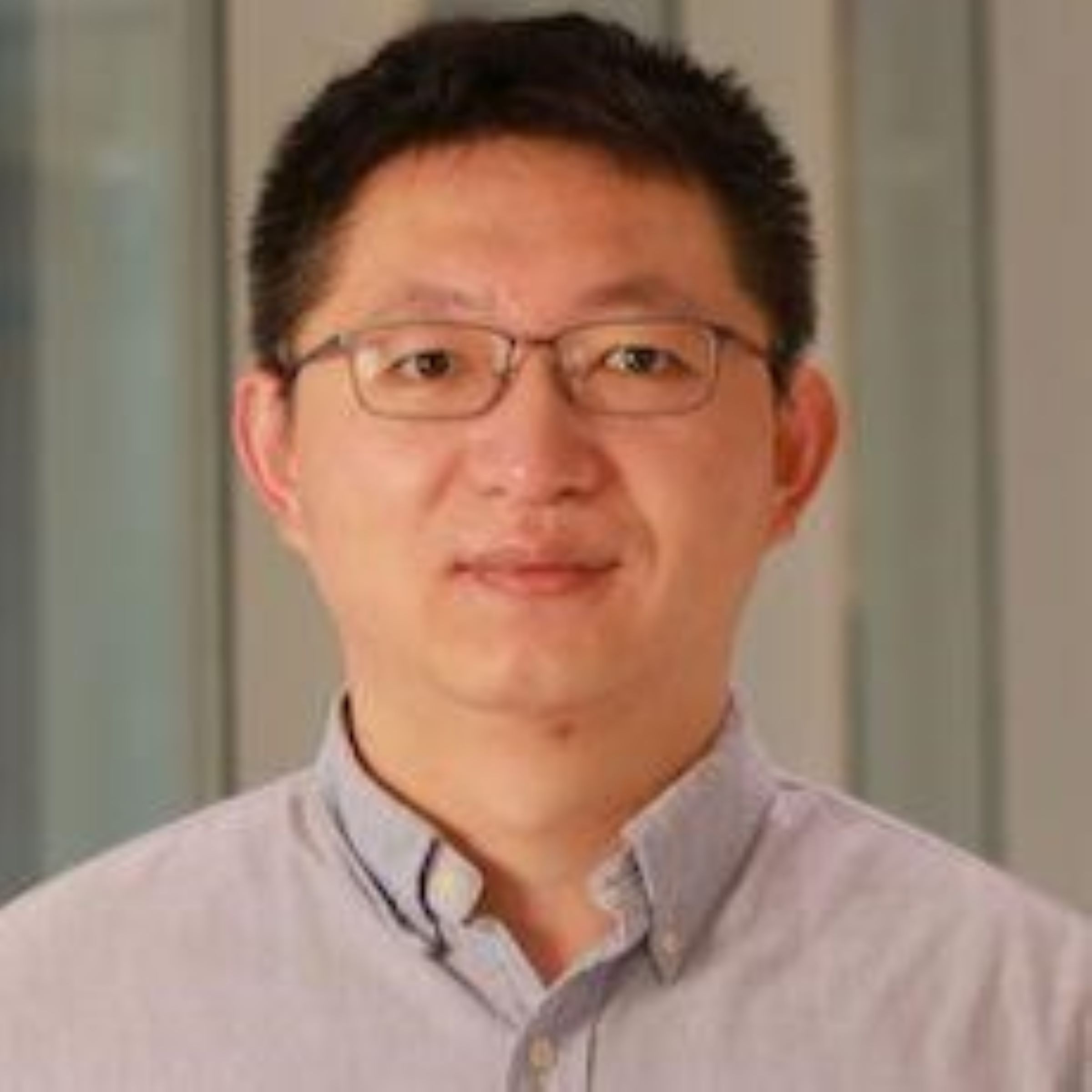
AI-Powered Insights: Machine Learning and Deep Learning in EEG Analysis


AI-Powered Insights: Machine Learning and Deep Learning in EEG Analysis

Who will you meet ?

Dr. Xiaodong Qu Assistant Professor of Practice
Assistant Professor of Practice
The George Washington University, School of Engineering and Applied Science Professor Xiaodong Qu’s expertise lies at the intersection of Machine Learning and Brain-Computer Interfaces. His research focuses on developing neuro-inspired algorithms for time-series data, such as Recurrent Neural Networks (RNNs) and Transformer models. On the brain signal side, Dr. Qu specializes in non-invasive techniques, particularly Electroencephalography (EEG), for both clinical and non-clinical applications. His work has been applied to critical areas such as mental health and cognitive neuroscience, with ongoing collaborations with Harvard Medical School and GW Hospital. Dr. Qu holds a Ph.D. in Computer Science from Brandeis University and has mentored numerous students to achieve publications at top computer science conferences. For more details about Dr. Qu’s academic profile and research, please visit his faculty profile page: https://faculty.cs.gwu.edu/xiaodongqu/
Katherine Hugins
Associate Director, Admissions & International Partnerships
The George Washington University School of Engineering and Applied Science (GW Engineering) Katherine Hugins is the Associate Director of Admissions & International Partnerships at The George Washington University’s School of Engineering & Applied Science. With over eleven years of experience in graduate admissions, she specializes in international recruitment and partnership building. Katherine previously served as Assistant Director of International Graduate Admissions, playing a key role in enrollment strategies for global students. She is dedicated to facilitating smooth admission processes for diverse applicants.This session explored the rapidly evolving field of machine learning, with a particular focus on deep learning techniques applied to Electroencephalography (EEG)-based brain signal analysis. Professor Xiaodong Qu shared insights from his extensive teaching and research experience, highlighting how advanced models like transformers were utilized to analyze clinical data. With a strong emphasis on real-world applications, Dr. Qu discussed how his machine learning course - an elective in the CS master's program at GW - had led to twelve of his students publishing seven papers in top-tier conferences over the past three years. Attendees also learned about ongoing interdisciplinary collaborations with leading medical institutions like Harvard Medical School and GW Hospital, and how these partnerships were advancing the use of machine learning in healthcare. The session concluded with a Q&A where students could inquire about research opportunities, the admissions process, and the potential for hands-on projects in the master's program.
Machine Learning Fundamentals
Deep Learning Techniques
Real-World Applications
EEG Data Analysis
Machine Learning Fundamentals
Deep Learning Techniques
Real-World Applications
EEG Data Analysis
Expert career advice
Improved Diagnostic Accuracy
Interdisciplinary Collaboration
Innovative Learning Environment
Expert career advice
Improved Diagnostic Accuracy
Interdisciplinary Collaboration
Innovative Learning Environment

Located at the heart of the Washington, D.C. Metropolitan Area, the George Washington University School of Engineering and Applied Science (GW Engineering) is a beacon for transformative education, research, and innovation. Driven by a deep commitment to interdisciplinary collaboration, GW Engineering empowers students to become tomorrow's problem-solvers, equipping them to address the world's most pressing challenges. Ranked among the top engineering schools, GW Engineering boasts an impressive network, with nearly 300 leading companies such as Amazon, Cisco, Google, and The World Bank actively recruiting its graduates. With its unique location in Washington, D.C., the school leverages its proximity to government agencies, businesses, and international organizations, empowering students and faculty to make impactful contributions globally. SEAS prioritizes ethical leadership, academic excellence, and the pursuit of innovation in the service of humanity.
Master of Science in Civil and Environmental Engineering
Master of Science in Computer Science
Master of Science in Cybersecurity in Computer Science
Master of Science in Electrical Engineering
MS Engineering Management
Master of Science in Biomedical Engineering
Master of Science in Computer Engineering
Master of Science in Data Analytics
Master of Science in Mechanical and Aerospace Engineering
MS Systems Engineering
Get all your questions answered about SEED !
For any queries, please feel free to reach out to us!
info@seedglobaleducation.com
+918591624998